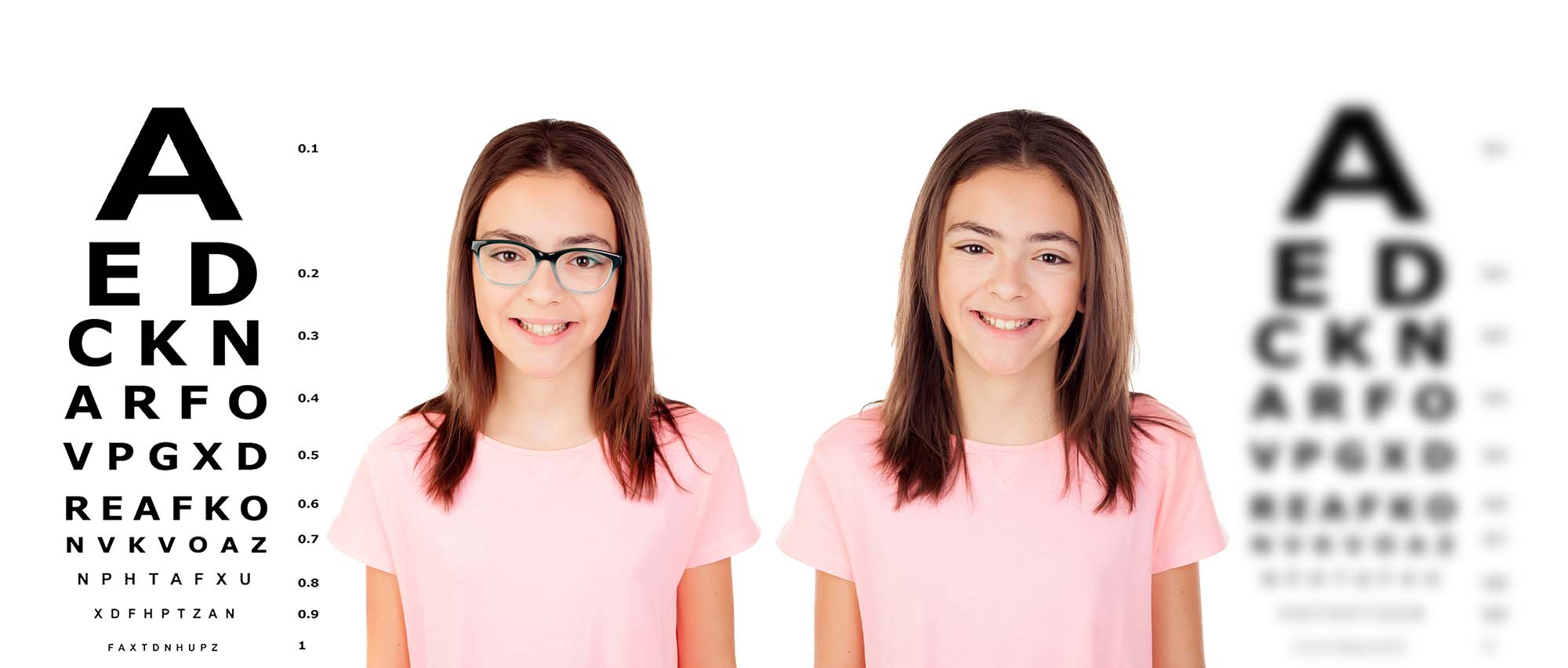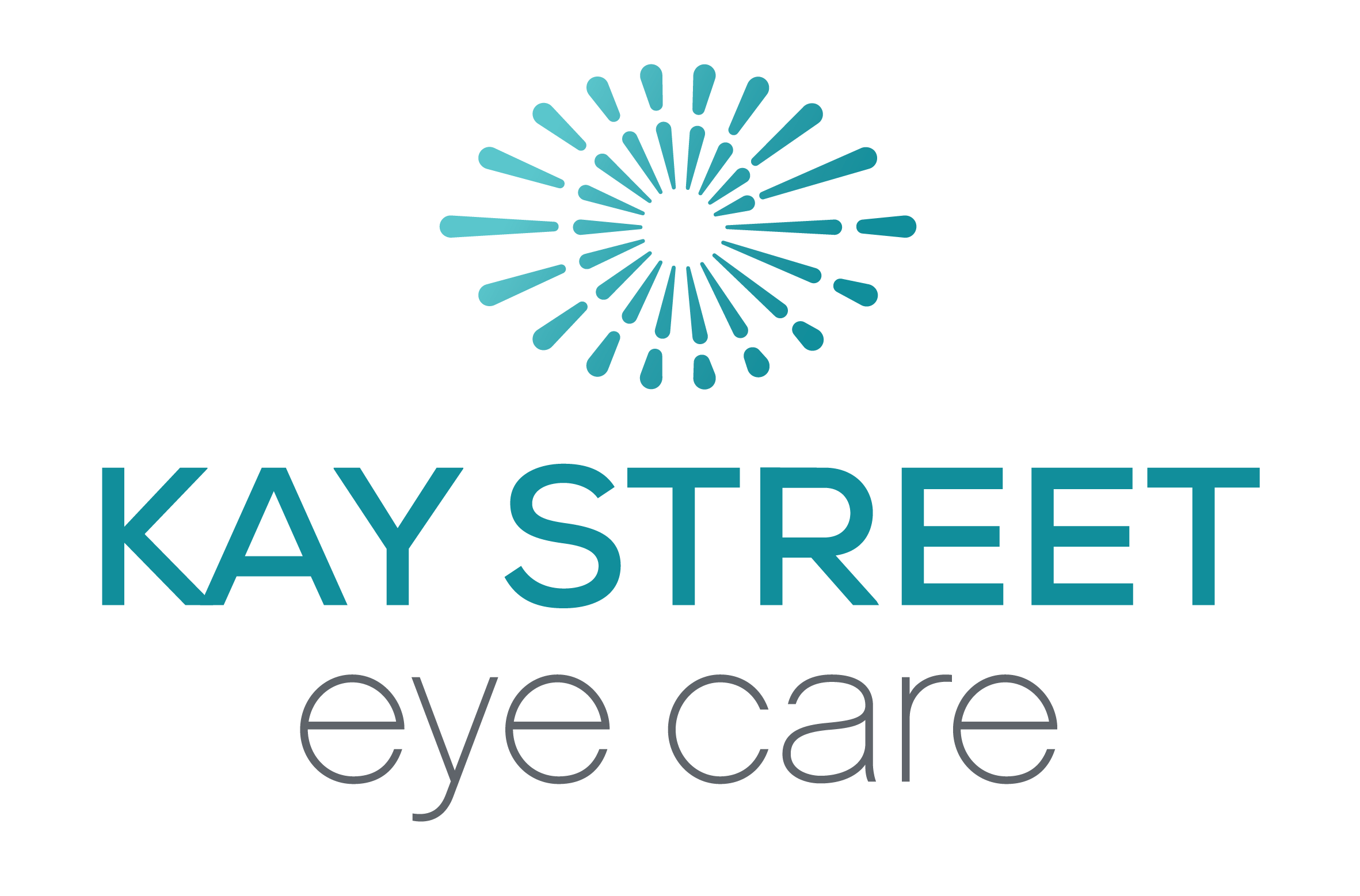Children's eyes are complex. In fact, 1 in 5 Australian kids have vision problems and an estimated 10% of children have undetected vision problems that can lead to learning and behavioural problems.
Maintaining children's eye health is essential for their growth and intellectual development. Although other senses play a crucial role, social interaction, language development and reading the emotions of others are all facilitated by the eyes.

HOW CAN WE ASSIST?
Recognising the signs that your child may have poor eye health is one of the most important things to note. Below are the most common signs that your child may need their eyes checked:
- Frequent eye rubbing
- Tilting/moving their head when they look at something
- Frequent blinking
- Blurry or double vision
- Red and watery eyes
- Squinting
- Headaches
- Slower learning development
- Difficulty reading
Sadly, young kids easily believe that their vision is normal. Therefore, getting children's eyes checked before they start school may help to avoid developmental problems brought on by vision impairment. You can identify issues at their earliest stages by having routine eye exams by an optometrist in the absence of symptoms.
Australia's top optometrists advise scheduling such exams as early as possible. With this method, you can spot indicators of poor visual development in your child even if they can't express themselves verbally.
WHY IS IT IMPORTANT THAT YOUR CHILD HAS REGULAR EYE TESTS?
Your child's ability to learn depends on having good eyesight, and unrecognised issues might later cause learning challenges and even irreversible visual loss. From the age of three and every two to three years as they progress through school, you should get your child's eyes checked with an optometrist to lower children's risk of vision issues.
Myopia is one of the main eye conditions in kids who spend a lot of time on screens. Myopia, often known as short sightedness, makes seeing at a distance difficult, which has an overall negative impact on all aspects of a child's academic growth.
Keeping your children's eye health steady requires more than just routine trips to the eye doctor. There are methods you can help them at home as well.
Reduce screen time - research on anything from iPads to gaming consoles reveals that too much screen time is bad for kids' eye health. Setting a restriction on screen time is crucial as a result.
Get outside - at least two hours per day is essential for kids, especially before the onset of myopia. Time outdoors has been shown to help prevent myopia from progressing.
Get some variety - reduce screen time or near-vision work and take breaks. Use the 20/20/20 rule – focus on something 20 feet away for 20 seconds every 20 minutes).
Get further away - don’t hold books or devices close to the eyes and adopt a Harmon working distance (closed fist to elbow)
Get more sleep - ideally, more than nine hours per day for children. Staying up late in bed with a table or phone is a bad idea.
SCHEDULE EYE TESTS EARLY
By scheduling an eye exam early, you can prevent the following issues at school for your child:
- Inability to read the board
- Lack of enthusiasm when participating in sports
- Struggling to read texts in class
Eye exams are painless and assist you in providing your child with the best opportunities for learning and advancement. At Kay Street Eyecare we bulk bill all children’s eye testing and have tools to make the process fun and enjoyable.
To book an appointment online click here.
